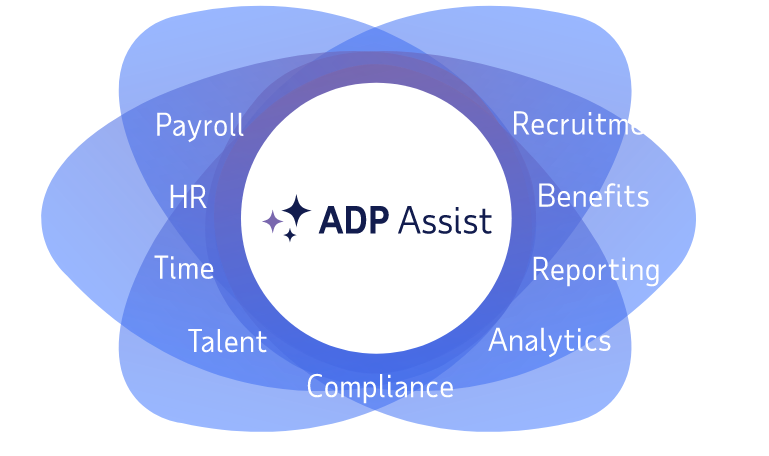The accounting professionals in your firm are in the heart of one of their busy seasons and the “C” suite professionals are also busy – planning for their busy season in a few weeks. One of the tasks that your COO, CIO and CLO professionals are most likely preparing are employee surveys.
Firm professionals should apply the same level of attention and accountability to employee surveys as they put toward client surveys. Yet instead of driving the survey process from the top and holding individual partners and managers accountable for retention results—like they do for other business results—CEOs are more likely to say “HR: go fix it” when engagement survey results are lower than desired.
And that’s why some say that the employee survey process is a “broken model”. Instead of driving retention efforts through top-down, leader-driven processes—as is common for revenue acquisition, client service and process improvement—employee retention is often driven “from the side” with programs like surveys, employee appreciation weeks and newsletters. However, firms will be able to improve employee engagement and retention—supposedly the goal of such survey—by only a small amount if they focus solely on HR initiatives.
The missing link is leader involvement and commitment. The COO or Human Resource Professional can be the developer, but partners and managers must be the drivers. It is imperative for these leaders to not only be aware of the survey, they must talk about it, answer questions that arise, encourage people to respond and take action on the results.
That’s not to say that employee engagement efforts driven by HR are unimportant, however. Think about the ideal balance for the firm in this way:
- Good people initiatives + good leadership = engagement and retention.
- Good people initiatives + poor leadership = disengagement and turnover.
There must be emphasis put on the initiatives that are determined out of the survey process and the ability for the leaders in the firm to carry out those initiative in a positive manner.
In a recent webinar that I conducted, I asked participants if they had conducted an employee survey in the past year. Only 11% answered in the affirmative. What crossed my mind was “how sad”. It appears to me that if firms are not asking their employees about what they like, dislike and need – the natural assumption by their team might well be that the firm does not care about their thoughts.
I would suggest that your HR professionals, partners and leaders consider the following steps as they develop their 2012 plan:
- Keep surveys short, conduct them frequently and look at data as benchmarks, not solutions. Don’t assume that one survey will tell you everything. Surveying throughout the year and then using the data to develop solutions to drive firm wide change is the ticket to your success. Consider limiting your survey’s to no more than 10 questions covering topics that are most important to your firm’s growth and development.
- Find real solutions by conducting “stay interviews.” Because most employee surveys are anonymous, employers have no way to differentiate the feedback provided by high and low performers. That’s why teaching leaders and supervisors to conduct one on one stay interviews – particularly with high performers—to dig deep and find what actions the firm can take to strengthen the employee’s engagement and to increase the likelihood they’ll stay with the firm is a tremendous strategy.
- Ask employees to identify, on a scale of 1 to 10, how likely they are to refer their friends to the firm as a great place to work. The key to asking this question is the ability to compute a “net promoter” score by subtracting the number of negative responses from the number of positive ones. This is a great benchmarking number that you can track throughout the years. It is proven that the higher the net promoter score, the higher the quality of employee and retention rates. It does not matter where you are when you start, what matters is that the number continues to escalate.
- Have a designated HR professional act as quality manager for survey action plans. The HR professional should be prepared to work with low-scoring managers to improve their results. One of the keys to improvement in the firm is increased skills of the managers and partners.
Thanks for reading CPA Practice Advisor!
Subscribe Already registered? Log In
Need more information? Read the FAQs
Tags: Accounting, Human Resources




![Sandra-WileyGB[1]](https://www.cpapracticeadvisor.com/wp-content/uploads/2022/04/Sandra_WileyGB_1_.61d883bf9b9f0.png)